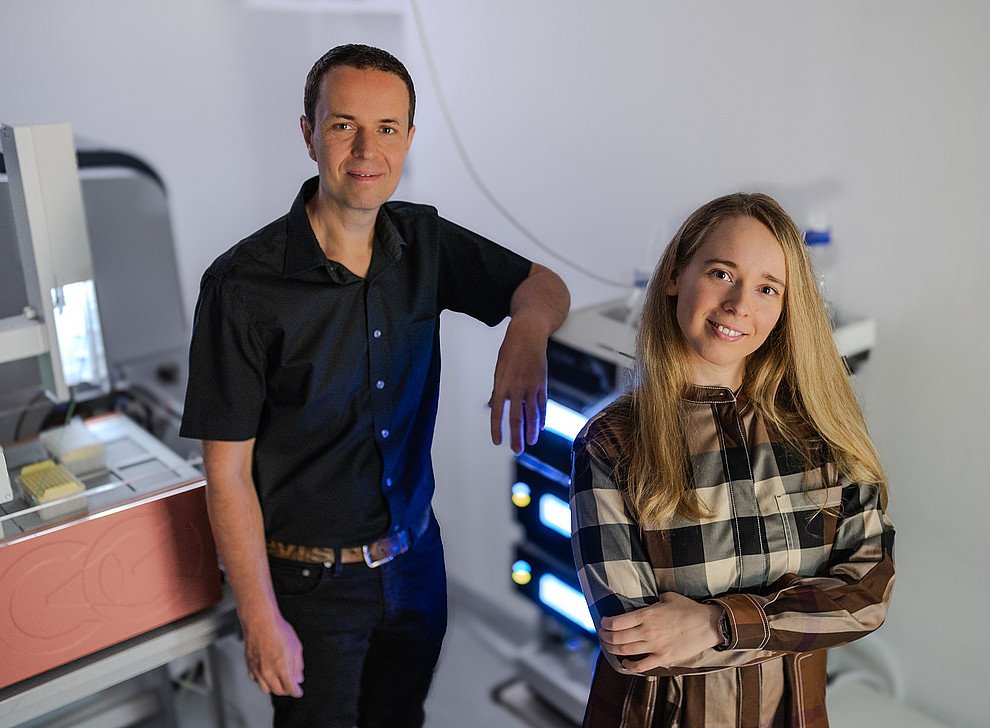
Researchers from the University of Graz, in collaboration with the University of California San Diego and the University of Vienna, have developed a groundbreaking method to precisely determine the omega positions of lipids in complex biological samples such as human tissues and blood. The study, published in Nature Communications, addresses a long-standing challenge in lipidomics, offering a far more sensitive and accessible approach than previous techniques.
The new computer-based method, known as LC=CL, enables the routine identification of omega positions through chromatography-coupled mass spectrometry. This advancement opens the door for researchers worldwide to study metabolic processes linked to diseases such as cancer, cardiovascular disorders, and autoimmune conditions with unprecedented accuracy. The team also demonstrated its potential by revealing that the enzyme cPLA2 specifically converts mead acid, an omega-9 fatty acid—an insight that could guide the development of targeted therapies for inflammation-related diseases.
Source: University of Graz




